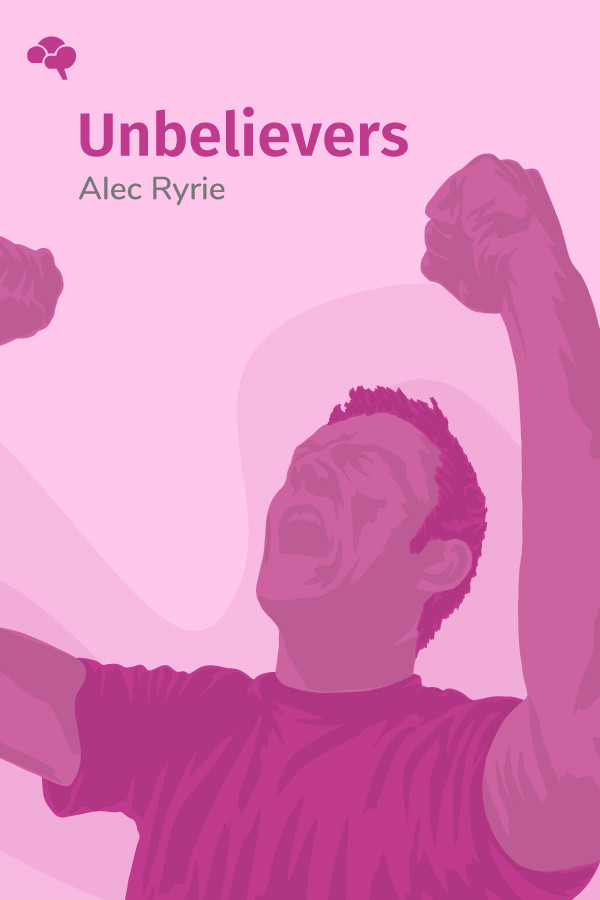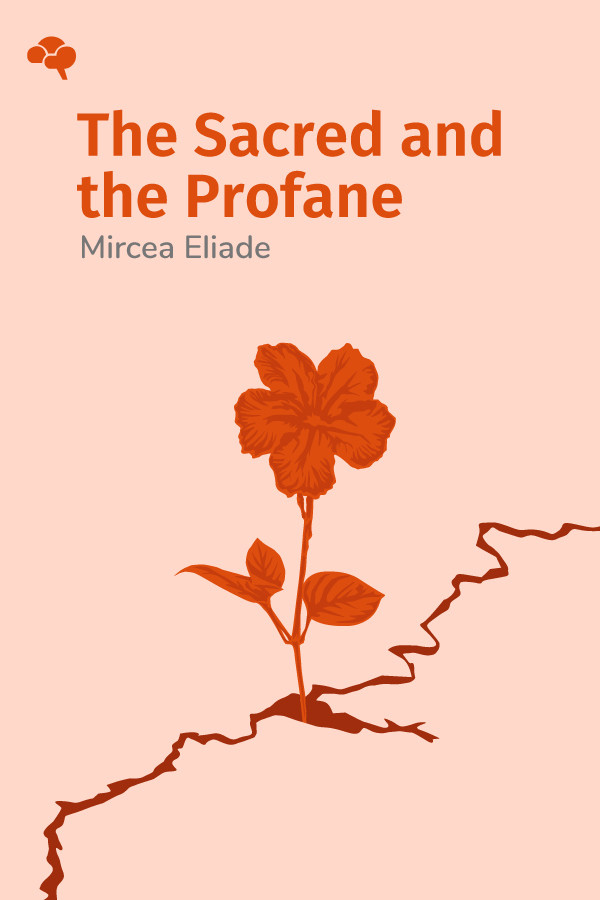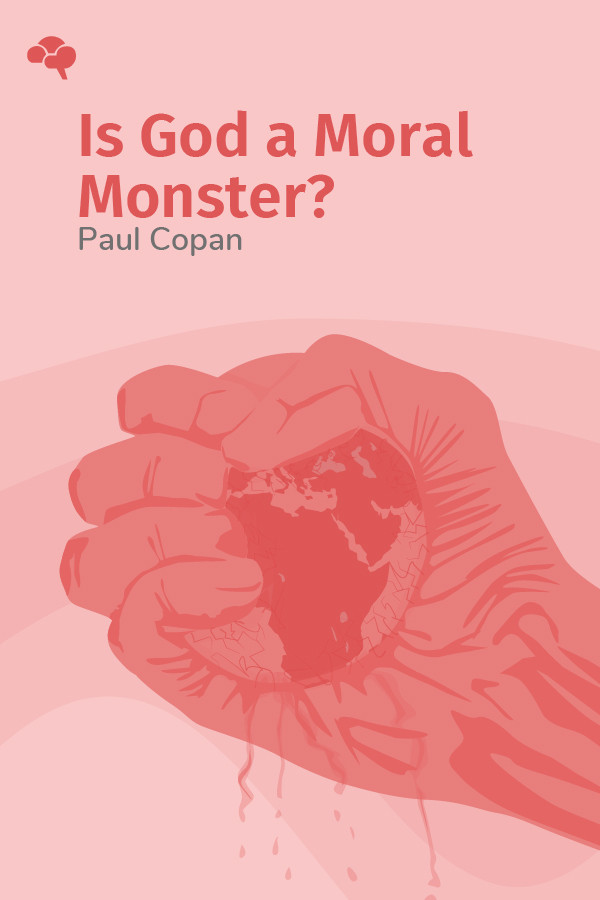

What You'll Learn:
Nietzsche famously wrote in his work Thus Spoke Zarathustra that, “God is dead. God remains dead. And we have killed him.” But if that is true, who are God’s murderers, really? Could we point them out in a line-up? British historian Alec Ryrie argues that the vast majority of historians and laypeople alike have brought in the wrong suspects and called the wrong defendants to the stand, that God was on the chopping block well before any Humes or Voltaires came on the scene. Ryrie sees doubt beginning as an older, more visceral reaction to the Church.
Key Insights:
- The Enlightenment is commonly and mistakenly viewed as the turning point away from Christian faith in the West.
- Decisions to come to faith or leave it are intuitive and emotional before they are conscious and intellectual.
- Atheism can be defined narrowly as disbelief in a deity, or broadly as a rejection of established religious norms.
- Christian thought and ancient Greco-Roman thought have a tangled history in the West, with one critiquing the other or vice-versa.
- Ancient philosophers saw religion as a tool for manipulation and hated it; Machiavelli saw religion as a tool for manipulation and loved it.
- Protestants are falling on the sword of skepticism that Reformers used to cut ties with Catholicism.
- The core emotions driving the history of religious doubt have been anger and anxiety.




